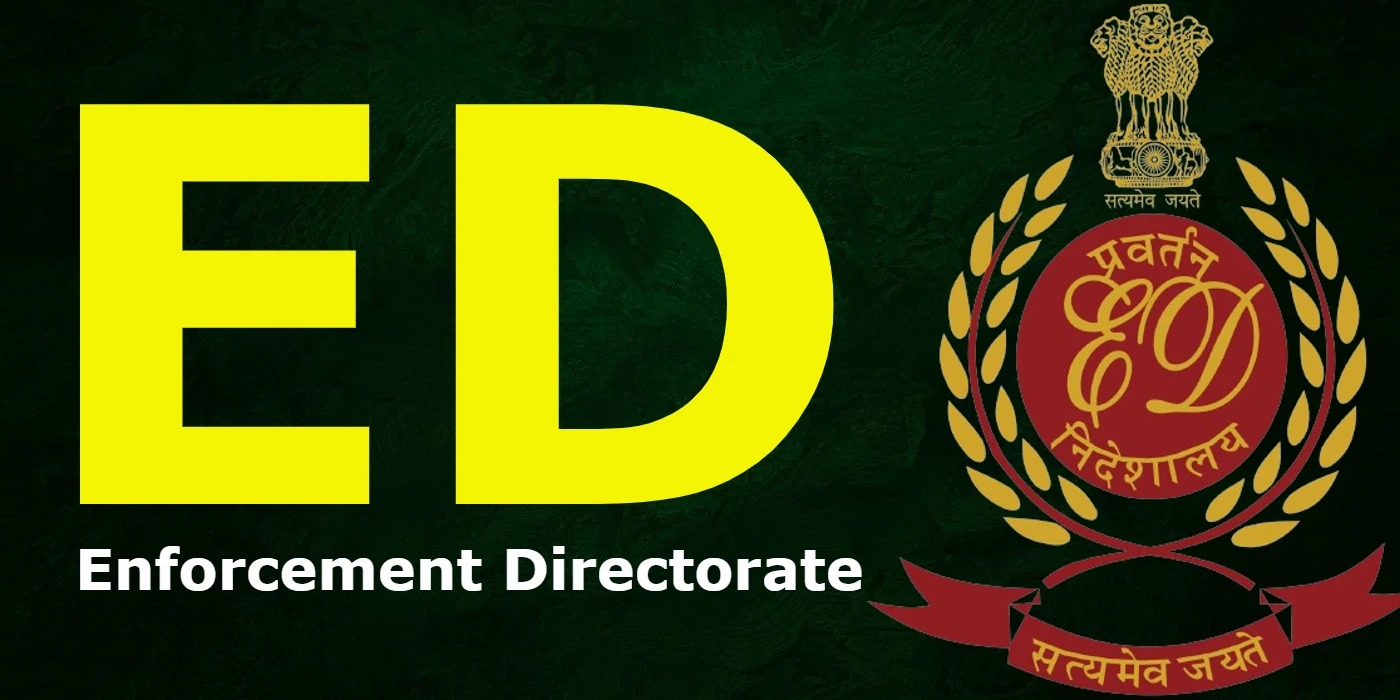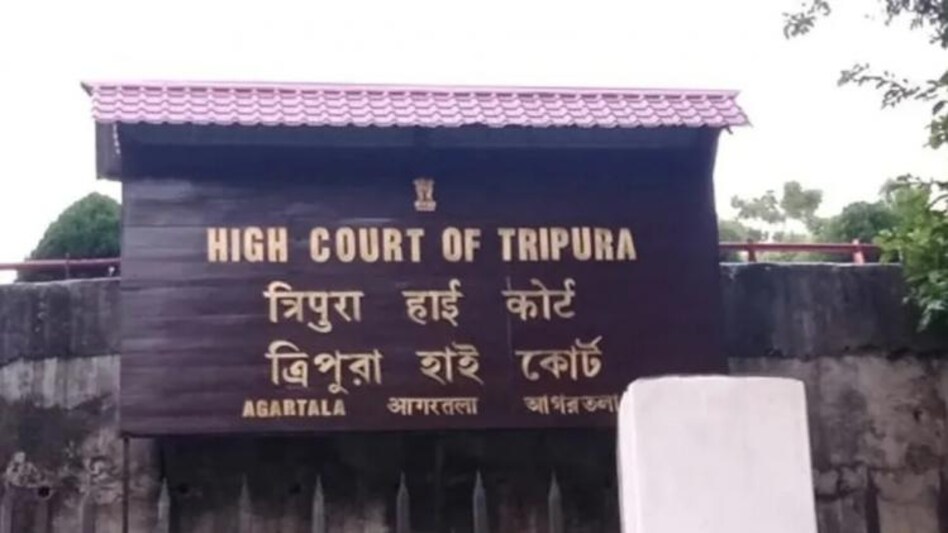@JUDGMENTTAG-ORDER
R.S. Ramanathan, J.@mdashThis application is filed to call for the records of the respondent in his proceedings No. Nil dated 18.3.2011 and quash the same.
2. Though the petitioner filed this petition to quash the summon issued by the respondent dated 18.3.2011, the learned counsel for the petitioner submitted that the petitioner has been permitted to have the assistance of the lawyer during the examination by the respondent. In support of his contention, he relied upon the judgment in
3. The learned Government Advocate (Crl. Side) submitted that a case has been registered against the petitioner under Sections 7, 13(2) read with 13(1)(d) of Prevention of Corruption Act, 1988 and for the purpose of enquiry, notice was issued u/s 160 Cr.P.C. to the petitioner, who is accused of the case and the petitioner has to appear in obedience to the notice and he cannot have the assistance of lawyer and that will prevent the respondent from getting necessary information from the petitioner.
4. Heard the learned counsel for the petitioner and the learned Government Advocate (crl. Side).
5. The judgment in Nandini Satpathy v. P.L. Dani and Another (supra), the Honourable Supreme Court has held as follows (1978) 1 MLJ (Crl.) 729 at pp. 728 and 729:
57. We hold that Section 161 enables the police to examine the accused during investigation. The prohibitive sweep of Article 20(3) goes back to the stage of police interrogation not, as contended, commencing in court only. In our judgment the provisions of Article 20(3) and Section 161(1) substantially cover the same area, so far as police investigations are concerned. The ban on self-accusation and the right to silence, while one investigation or trial is under way, goes beyond that case and protects the accused in regard to other offences pending or imminent, which may deter him from voluntary disclosure of criminatory matter. We are disposed to read ''compelled testimony'' as evidence procured not merely by physical threats or violence but by psychic torture, atmospheric pressure, environmental coercion, tiring interrogative polixity, overbearing and intimidatory methods and the like-not legal penalty for violation. So, the legal perils following upon refusal to answer, or answer truthfully cannot be regarded as compulsion within the meaning of Article 20(3). The prospect of prosecution may lead to legal tension in the exercise of a constitutional right, but then, a stance of silence is running a calculated risk. On the other hand, if there is any mode of pressure, subtle or crude, mental or physical, director indirect, but sufficiently substantial, applied by the policeman for obtaining information from an accused strongly suggestive of guilt, it becomes ''compelled testimony'', violative of Article 20(3).
58. A police officer is clearly a person in authority. Insistence on answering is a form of pressure especially in the atmosphere of the police station unless certain safeguards erasing duress are adhered to. Frequent threats of prosecution if there is failure to answer may take on the complexion of undue pressure violating Article 20(3). Legal penalty may be itself not amount to duress but the manner of mentioning it to the victim of interrogation may introduce an element of tension and tone of command perilously hovering near compulsion.
59. We have explained elaborately and summed up, in substance, what is self-incrimination or tendency to expose oneself to a criminal charge. It is less than ''relevant'' and more than ''confessional''. Irrelevance is impermissible but relevance is licit but when relevant questions are loaded with guilty inference in the event of an answer being supplied, the tendency to incriminate springs into existence. We hold further that the accused person cannot be forced to answer questions merely because the answers thereto are not implicative when viewed in isolation and confined to that particular case. He is entitled to keep his mouth shut if the answer sought has a reasonable prospect of exposing him to guilt in some other accusation actual or imminent, even though the investigation underway is not with reference to that. We have already explained that in determining the incriminatory character of an answer the accused is entitled to consider - and the Court while adjudging will take note of- the setting, the totality of circumstances, the equation, personal and social, which have a bearing on malting an answer substantially innocent but in effect guilty in import. However, fanciful claims, unreasonable apprehensions and vague possibilities cannot be the hiding ground for an accused person. He is bound to answer where there is no clear tendency to criminate.
6. Nevertheless, the Honourable Supreme Court further held in the same judgment in paragraph Nos. 58 and 59, as fellows:
58. Right at the beginning we must notice Article 22(1) of the Constitution, which reads :
No person who is arrested shall be detained in custody without being informed, as soon as may be, of the grounds for such arrest nor shall be denied the right to con-1 suit, and to be defended by, a legal practitioner of his choice.
The right to consult an Advocate of his choice shall not be denied to any person who is arrested. This does not mean that persons who are not under arrest or custody can be denied that right. The spirit and sense of Act. 22(1) is that it is fundamental to the rule of law that the services of a lawyer shall be available for consultation to any accused persons under circumstances of near-custodial interrogation. Moreover, the observance of the right against self-incrimination is best promoted by conceding to the accused the right to consult a legal practitioner of his choice.
59. Lawyer''s presence is a constitutional claim in some circumstances in our country also, and, in the context of Article 20(3), is an assurance of awareness and observance of the right to silence. The Miranda decision(1996)384 US 436) has insisted that if an accused person asks for lawyer''s assistance, at the stage of interrogation, it shall be granted before commencing or continuing with the questioning. We think that Article 20(3) and Article 22(1) may, in a way, be telescoped by making it prudent for the police to permit the Advocate of the accused, if there be one, to be present at the time he is examined. Over-reaching Article 20(3) and Section 161(2) will be obviated by this requirement. We do not lay down that the Police must secure the services of a lawyer. That will lead to ''police-station-lawyer'' system, an abuse which breeds other vices. But all that we mean is that if an accused person expresses the wish to have his lawyer by his side when his examination goes on, this facility shall not be denied, without being exposed to the serious reproof that involuntary self-crimination secured in secrecy and by coercing the will, was the project.
Therefore, as per the above judgment, if an accused person expresses the wish to have lawyer by his side, when his examination is going to be conducted, that facility shall not be denied to the accused.
7. In view of the above judgment, this petition is disposed of by permitting the petitioner to have an assistance of the lawyer during examination by the respondent police and lawyer, who ac-company the petitioner is expected to watch the enquiry from a distance and he should not cause any disturbance to the police, while enquiring the petitioner in connection with the crime. It is also open to the respondent police, to order the lawyer to leave the place if in their opinion, the presence of lawyer would cause disturbance in enquiring the petitioner in connection with the case. Consequently, connected Miscellaneous Petition is closed.

